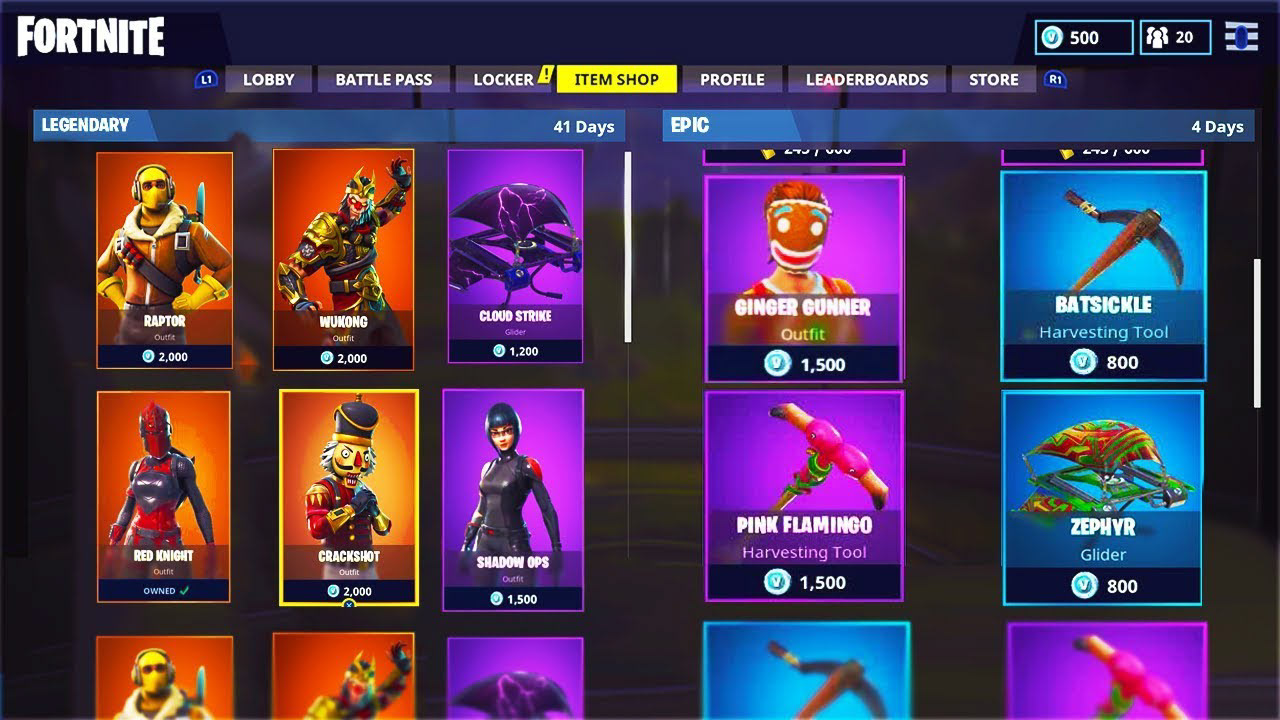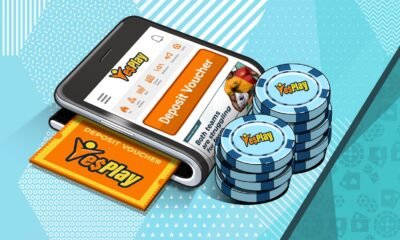
- In-game purchases and microtransactions are changing the gaming industry
- Video games are experiencing a kind of economic revolution
With the advent of in-game purchases and microtransactions, video games are experiencing a kind of economic revolution. What factors make these elements an integral part of the gaming industry and how do they influence player behavior? Let’s get to the bottom of it.
In this article, you will learn about the evolution of in-game purchases, the controversy and challenges of regulating in-game purchases and microtransactions, the balance between monetisation and game experience, as well as global, trends and market growth.
Evolution of In-Game Purchases
In-game purchases have evolved significantly over time, reflecting technological advances, changes in monetisation approaches and the expectations of the gaming community. In the early era of in-game purchases, developers offered additional content (DLC) such as new levels, characters or storylines, expanding the gameplay of the base game. These purchases were usually one-time purchases and did not create complex in-game ecosystems.

A video game for in-game purchase. Photo/Kotaku
As online games evolved, microtransactions began to be introduced, giving players the ability to purchase virtual items with real money. Along with this, best dota 2 betting sites became popular, which offered the ability to place bets using in-game items. Virtual currencies emerged as a means of simplifying the process, allowing players to more easily manage their finances in-game.
The Free-to-Play model, in which a game is free to download but contains in-game microtransactions, became widespread. This attracted more players and set the stage for the emergence of dynamic in-game ecosystems.
Some games have developed their own in-game marketplaces where players can freely buy, sell and trade virtual items. This has created additional opportunities for players to earn in-game currency or even real money.
Lootboxes containing random items became a popular element of in-game shops. They added an element of randomness to the purchase process, incentivising players to spend extra in search of unique items.
Many games have implemented a system of events and seasons, where players can buy unique items that are only available during a certain period. This creates a sense of limitation and encourages active participation in the game.
Controversies and Regulatory Concerns
With the development of in-game purchases and microtransactions, controversies and concerns have arisen regarding ethical issues, consumer protection, and the long-term impact on the gaming industry. One of the main aspects of the controversy has been the issue of player dependence on in-game purchases. Some concerns are that players may be spending more money than they can afford. In response, regulators and developers have begun to implement tools to control spending and limit purchases.
Lootboxes containing random items have raised concerns about the potential for gambling behavior. Some countries and regions are considering classifying loot boxes as a form of gambling and imposing appropriate restrictions.
Some developers have faced criticism for a lack of transparency regarding in-game monetisation mechanisms. Players often do not have full information about the likelihood of obtaining specific items from lootboxes, which can lead to feelings of unfairness.
In-game purchases can be targeted at children and adolescents, which has raised questions about the need to protect minors from unrestricted access to microtransactions. A number of countries have taken action, requiring developers to implement age control systems and ensure the safety of young players.
Different countries have taken different approaches to regulating in-game purchases. Some countries have introduced laws and standards requiring developers to provide detailed information about microtransactions and to regulate them.
Controversy also arises around the duration of the effects of in-game purchases. For example, when items or upgrades bought with real money have too short a duration, it can create pressure for players to make constant purchases.
The extent to which developers are responsible for the effects of in-game purchases on the mental health and well-being of players is a growing issue. Defining this responsibility and developing appropriate standards are complex challenges.

A video game for in-game purchase. Photo/Lingyuan Li

A mobile game you can purchase via in-game purchase. Photo/Livety
Balancing Monetisation and Player Experience
In today’s video game industry, one of the key issues that requires careful attention is the balance between monetisation and the creation of a quality player experience. One way to achieve this balance is to use a variety of monetization models. This can include selling games for a fixed price, Free-to-Play with microtransactions, subscriptions and additional content. Diversity allows game studios to adapt to different audiences and preferences.
The introduction of microtransactions requires special care. It is important that microtransactions are ethical and do not imbalance the gameplay experience. This means that players should not feel compelled to spend extra money to stay competitive or enjoy the game.
The gaming experience should remain balanced for all players, regardless of their willingness to spend money in-game. In-game purchases should not devalue the effort and time players put into progressing through the game. Balanced progression allows everyone to enjoy the game regardless of their financial ability.
Developers can achieve balance by maintaining active engagement with the gaming community and taking player feedback into account. Listening to player requests and concerns helps create monetisation that aligns with audience expectations and values.
Beyond forcing purchases, developers can integrate interesting and engaging gameplay mechanisms that motivate players to make in-game spending. This can include unique cosmetic items, events, and other elements that make the game world more interesting.
The industry is constantly evolving in response to feedback and market demands. Developers must be prepared to change their monetisation strategies to meet changing expectations and norms.
Global Trends and Market Growth
The last few years have witnessed explosive growth in the in-game purchases and microtransactions market. This is due to the growing number of players looking to enhance their gaming experience by purchasing in-game items.
The Free-to-Play (F2P) model, where the game is free to download and earnings are made through in-game purchases, has become dominant. This helps to attract more players and motivate them to make long-term investments in the game.
Mobile games hold a significant share of the in-game purchases market. The convenience and accessibility of mobile platforms attract millions of players, creating huge potential for monetisation through microtransactions.
Competitive gameplay, especially esports, has become a significant factor in the growth of in-game purchases. Players are looking to improve their skills and stand out from the competition, which supports demand for related products.
As monetisation increases, so does the focus on controlling player spending. Developers and platforms are introducing tools to help players recognise their spending and set limits.
Conclusion
The economics of in-game purchases and microtransactions have become an integral part of the modern gaming industry. While helping to monetise projects and enrich the gaming experience, these elements continue to evolve, creating new opportunities and sparking debate in the gaming world.
Teresa is a journalist with years of experience in creating web content. She is a wanderlust at heart, but an outgoing sports writer with focus on tennis, athletics, football, motorsports and NBA.













You must be logged in to post a comment Login